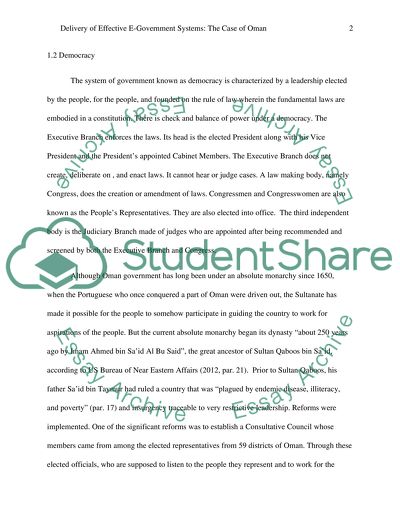Cite this document
(“Delivery of Effective E-Government Systems: The Case of Oman Coursework”, n.d.)
Delivery of Effective E-Government Systems: The Case of Oman Coursework. Retrieved from https://studentshare.org/information-technology/1400017-project-specification-for-the-master-project-title
Delivery of Effective E-Government Systems: The Case of Oman Coursework. Retrieved from https://studentshare.org/information-technology/1400017-project-specification-for-the-master-project-title
(Delivery of Effective E-Government Systems: The Case of Oman Coursework)
Delivery of Effective E-Government Systems: The Case of Oman Coursework. https://studentshare.org/information-technology/1400017-project-specification-for-the-master-project-title.
Delivery of Effective E-Government Systems: The Case of Oman Coursework. https://studentshare.org/information-technology/1400017-project-specification-for-the-master-project-title.
“Delivery of Effective E-Government Systems: The Case of Oman Coursework”, n.d. https://studentshare.org/information-technology/1400017-project-specification-for-the-master-project-title.


